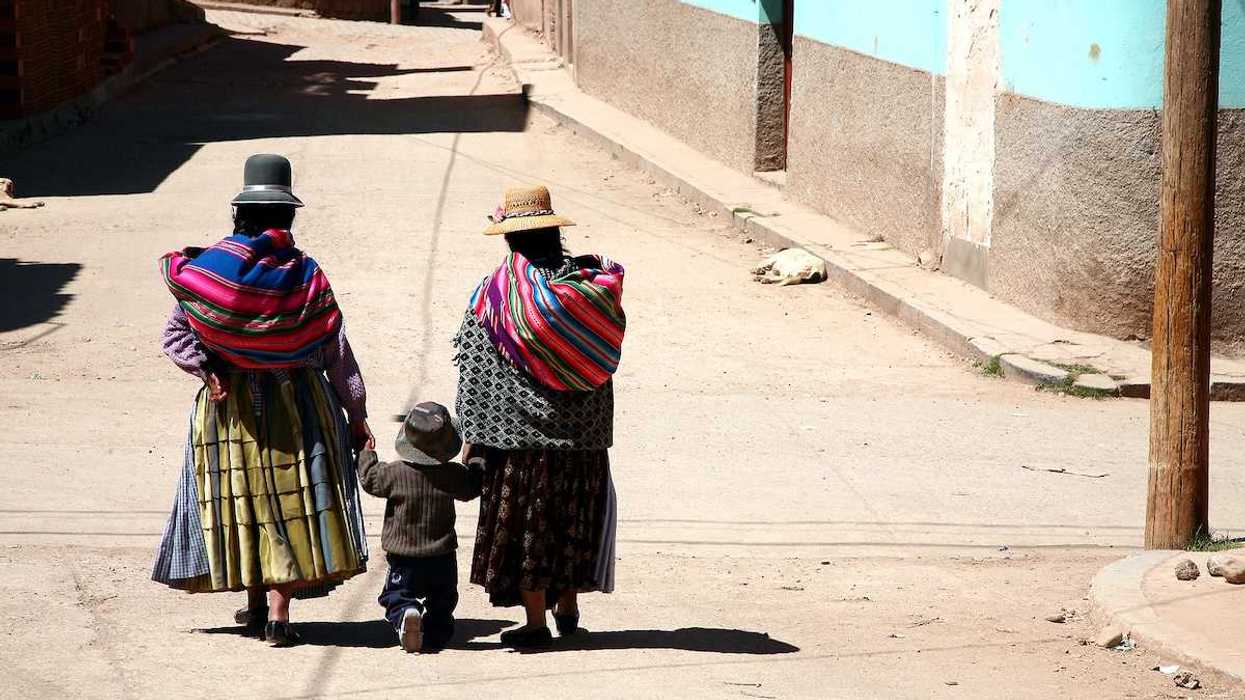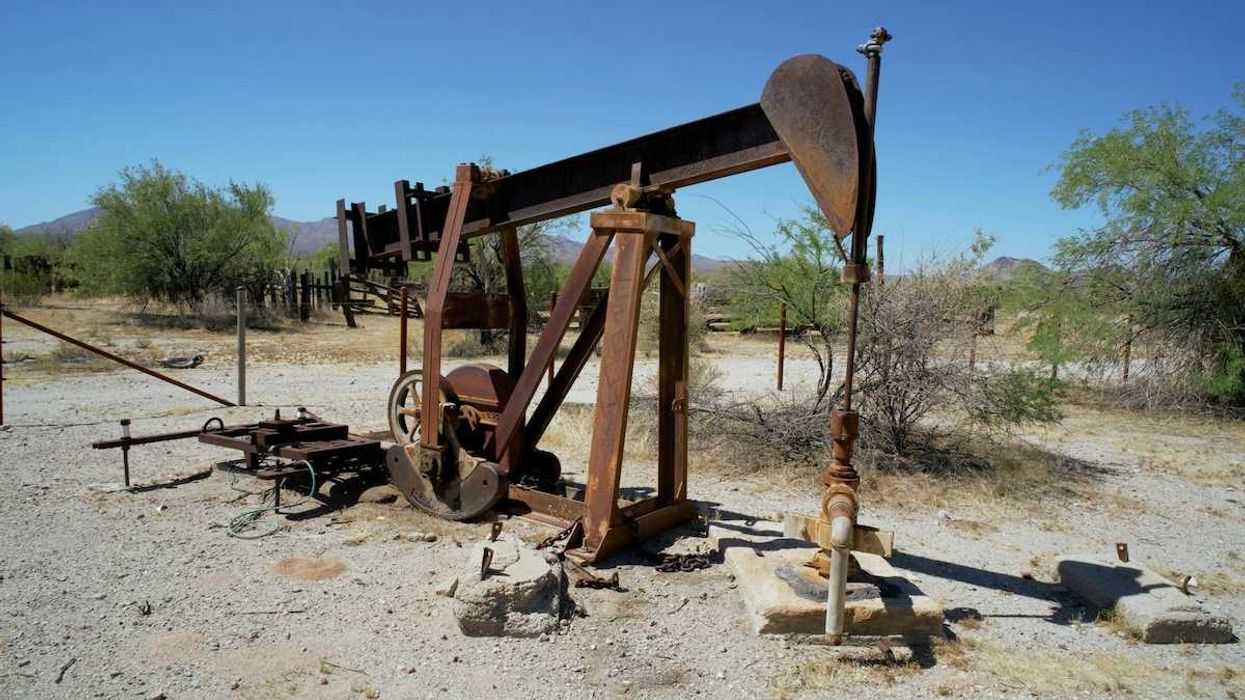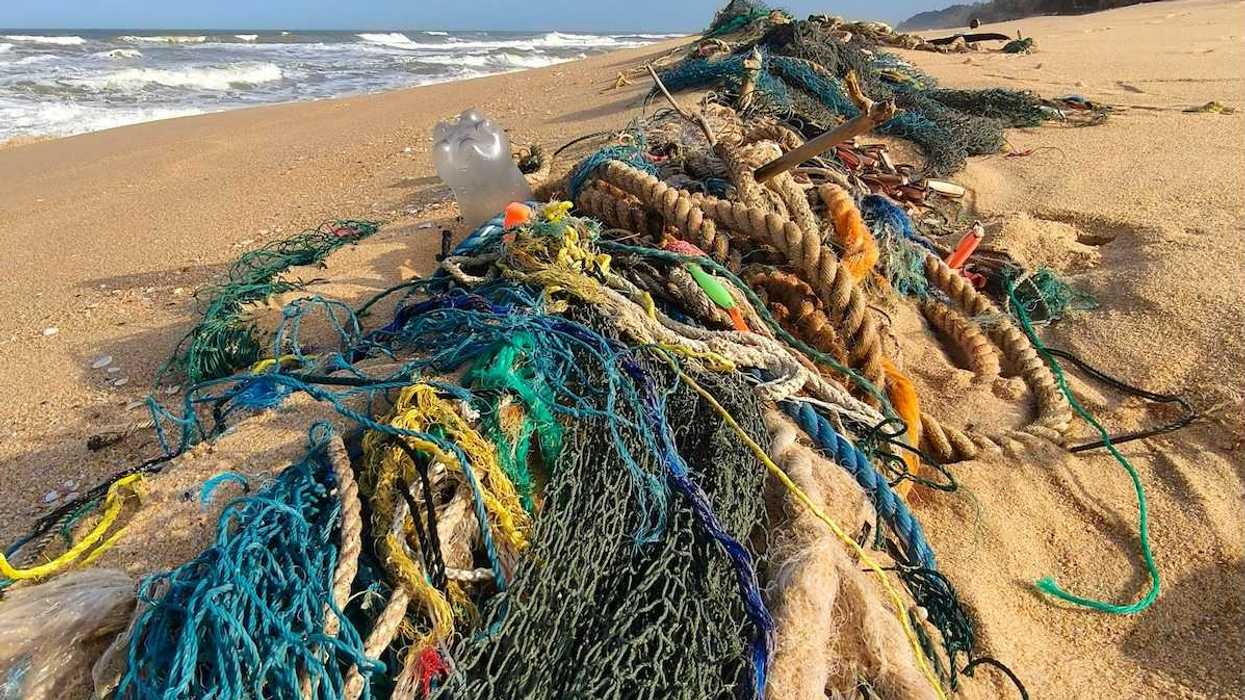The U.S. House of Representatives has passed legislation that could significantly increase cell tower installations in national parks, raising concerns about environmental and health impacts.
Mary Anne Tierney and Anne Hines write for the Citizen Times.
In short:
- HR 6492, also known as the "Connect Our Parks Act," proposes widespread installation of cell towers in areas such as the Appalachian Trail and Great Smoky Mountains, potentially disrupting wildlife.
- Research indicates that radiofrequency radiation from these towers can harm flora and fauna, including causing navigation issues in bees and reducing bird survival rates.
- Legal and historical issues with RF radiation have led to lawsuits and findings of negligence, including a significant 2018 case citing "clear evidence of carcinogenesis" related to cell phone radiation.
Key quote:
"We find the Commission’s (FCC) order arbitrary and capricious in its complete failure to respond to comments concerning environmental harm caused by RF radiation."
— Environmental Health Trust et al. v. FCC, D.C. Court of Appeals
Why this matters:
All wireless devices - including cell phones, WiFi routers, and the towers they depend on for service - emit radiofrequency radiation. While this radiation is different from high frequency radiation (like the type emitted by x-rays), a growing body of data suggests that RF radiation may still have the ability to alter cellular molecules, potentially increasing the risk for negative health impacts.














